Photo by Carla Gomez Monroy
Growing up as a teenager in Nigeria, the digital world felt completely out of reach for me. I never had any interactions with a personal internet connected device until the late age of seventeen, when I finally held my first smartphone. Though this came a while later to me than others, I was elated and it opened up a digital realm previously only whispered about by my peers. At school, my passion for literature thrived, helped by the quiet absence of digital distractions. However, each holiday, upon returning to my home, I found myself lost in my friends’ conversations, which were full of exchange of memes, movies and digital trends that remained utterly foreign to me. I carried a sense of pride in my literary pursuits, yet felt a sharp pang of disconnection from them as a consequence of carefully negotiated parental control.
My experience illustrates the uneven playing field that exists for young Nigerians in the digital age. While some children are digital natives, navigating online platforms from a young age, others face significant barriers to access and participation.This personal reflection, common to many Nigerian youths, encapsulates the complex relationship between young children and the internet in Nigeria. While the digital revolution has brought unprecedented opportunities, it has also unveiled the differences and challenges, particularly for the most vulnerable members of society.
The Nigerian digital divide
Nigeria, popularly known as the ‘Giant of Africa’ is a country of great diversity and cultures, with over 250+ ethnicities. Due to the presence of many different cultures,languages and religions Nigeria is a populated country. Due to its population there is a stark contrast between urban and rural landscapes. This difference is mirrored in the access to and utilization of digital technologies both by Children, Adults and even elderly people.
The Urban areas, with their busy commercial centers and developed infrastructure, boast of a higher concentration of internet connectivity, technological devices, and digital literacy than its rural counterparts. Children in these urban areas are more likely to have early exposure to smartphones, tablets, and computers, integrating online activities into their daily lives. They use the internet for education, entertainment, social interaction, and increasingly, to express their creativity if they have any.
In stark contrast, rural areas often struggle with limited or zero to none internet access, inadequate infrastructure, and a lack of resources. Children in these regions may have little to no exposure to digital technologies, which in turn widens the gap in opportunities and skills. The digital divide is not merely a matter of access; it also encompasses disparities in the quality of access, affordability, and the availability of relevant content.
Smartphone Penetration Among Children in nigeria
The Nigerian Communication Commission provides valuable insights into children’s internet use across various communities in Nigeria, in their article Young Children And Digital Technology: A Survey Across Nigeria. According to their research, smartphone penetration among children in Nigeria is increasing rapidly, although significant disparities remain.
- A significant percentage of children in urban areas own or have access to smartphones and is higher than those in the rural areas. It was recorded that 45% of 4-10 year olds go online with their own mobile devices in the urban areas.
- Smartphone penetration in rural areas is considerably lower, although it is also on the rise. Children in these areas may have limited access to smartphones, often shared among family members or accessed through community resources.
- The age of first smartphone use is decreasing, with many children gaining access to these devices at increasingly younger ages. This early exposure presents both opportunities and challenges.
Teaching young Nigerians
Digital literacy is the ability to use information and communication technologies to find, evaluate, create, and communicate information, requiring both cognitive and technical skills. This knowledge of how to access and handle the internet is essential and valuable to everyone but more so to children as they are at a higher risk of being exposed to inappropriate information on the internet.
In Nigeria, the level of digital literacy among children is highly variable and often dependent on factors such as socioeconomic status, location, and access to education. While some children, particularly those in urban areas with access to quality education, may develop a high level of digital literacy from an early age, many others lack even basic skills.
Opportunities and Challenges of Children’s Online Lives
The responsibility for navigating this complex issue does not lie with one group alone. Parents, teachers, policymakers, and technology companies all have a crucial role to play in shaping a digital environment that is both empowering and safe for Nigeria’s children.
The internet offers a lot to kids growing up today. It is really good for their development, how they learn, and their overall well-being. This makes it easier to connect with others, work together, and express themselves in new ways. But, it’s not all good. There are also some serious risks, especially for younger children who might not have the experience to navigate the online world safely.
Addressing these challenges will require a concerted effort from all stakeholders, including governments, parents, educators, technology companies, and civil society organizations. By working together to promote digital literacy, protect children from online harm, and bridge the digital divide, we can ensure that all children in Nigeria can harness the power of the internet for good and succeed in the digital age.
Torkwase Ikeyrnum is a Power of Zero writer. She is studying to become a lawyer in Nigeria
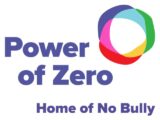
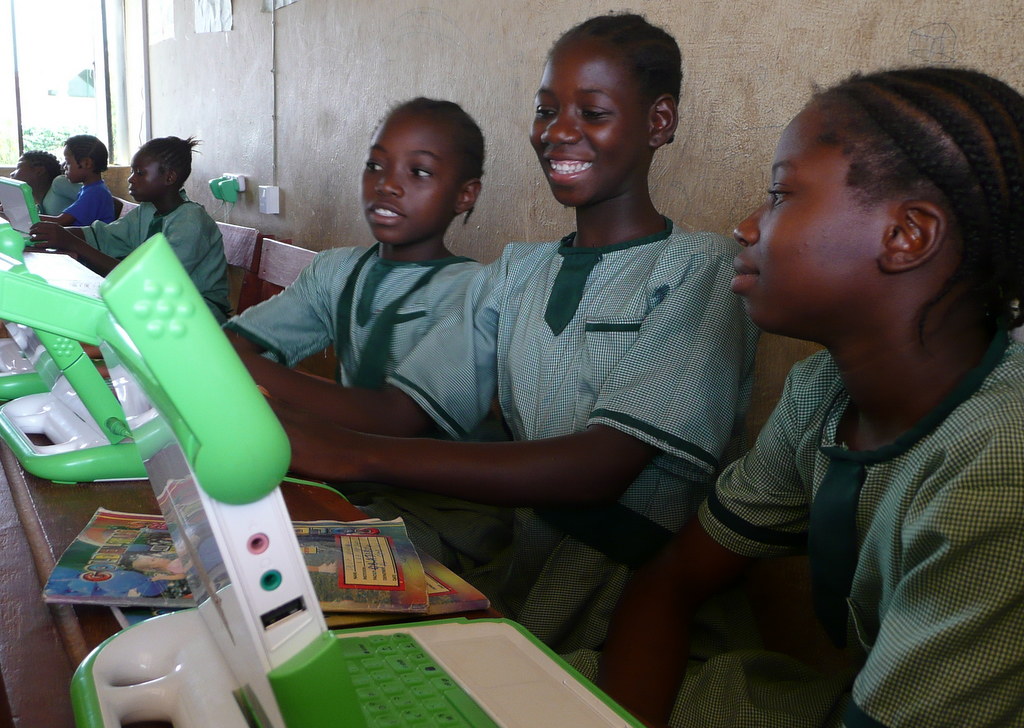

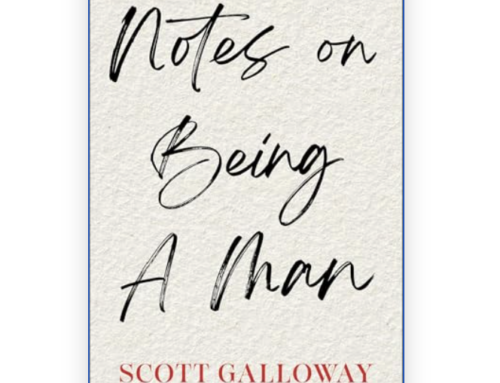
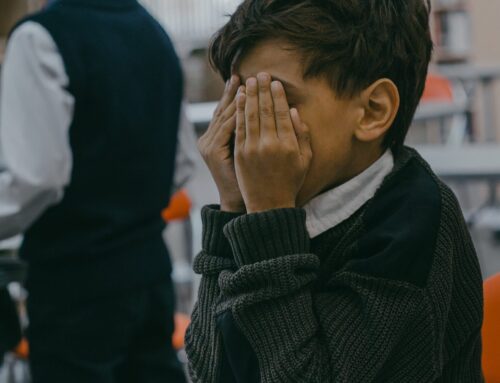

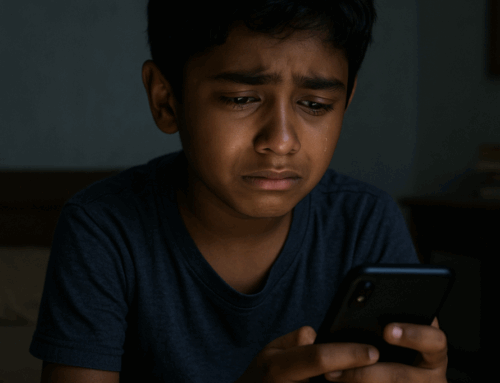
Leave A Comment